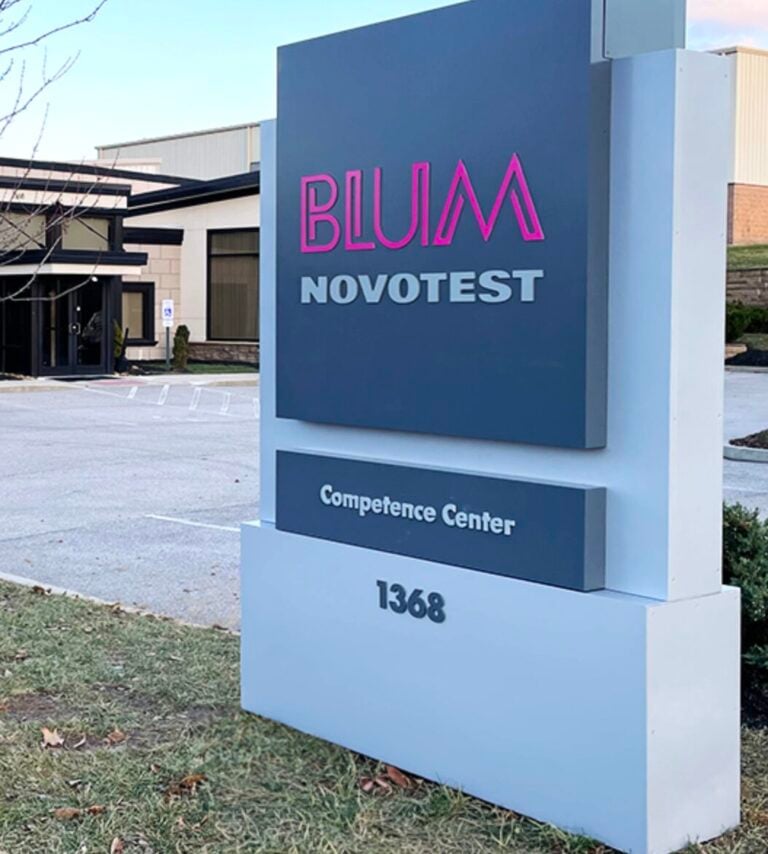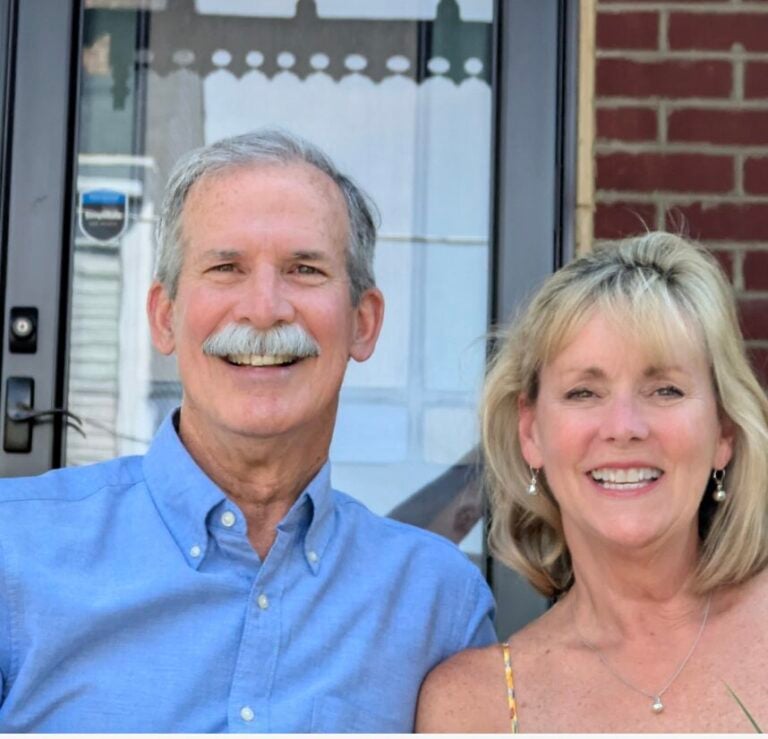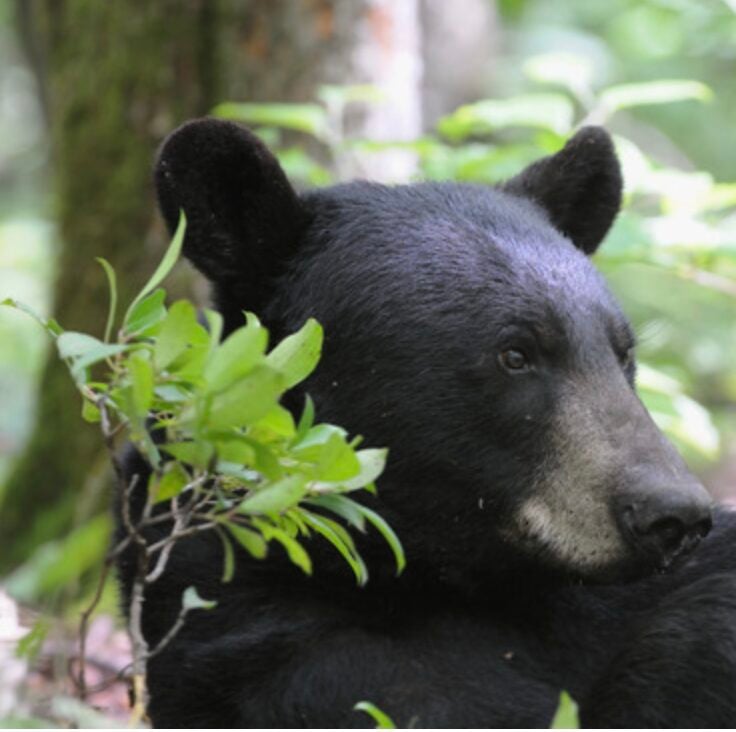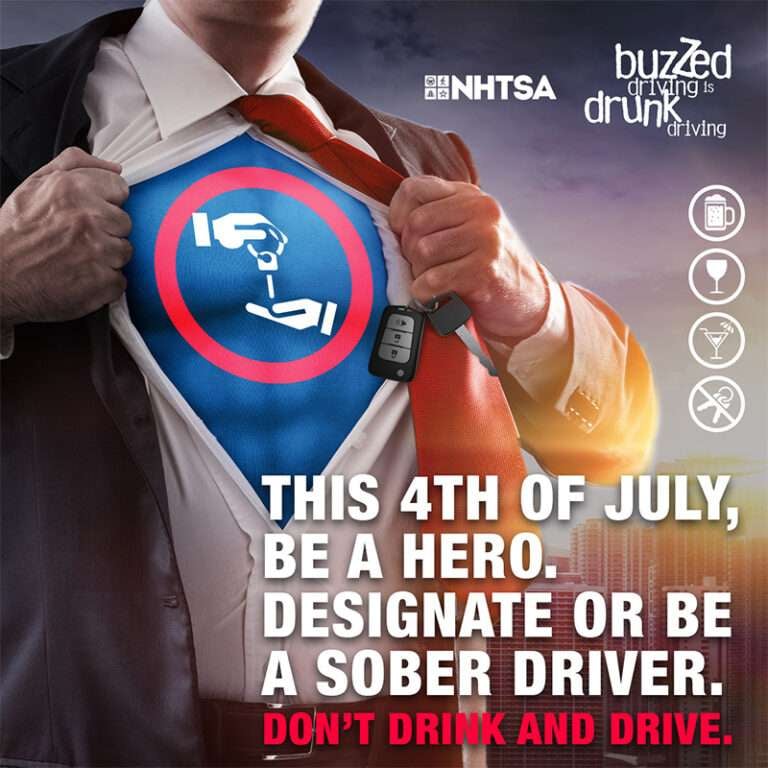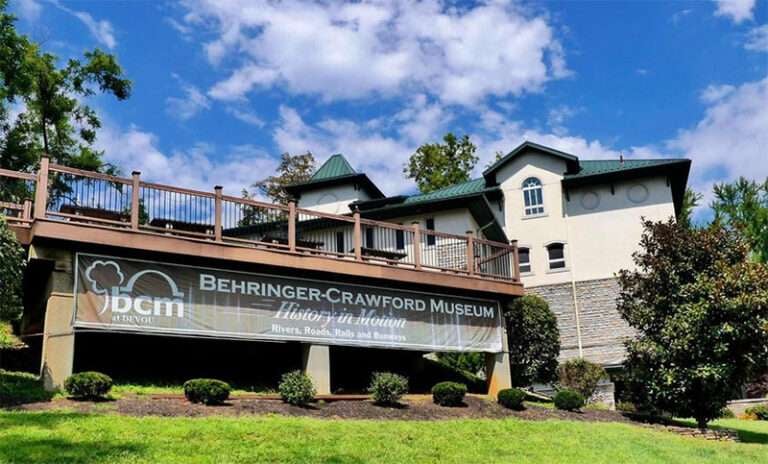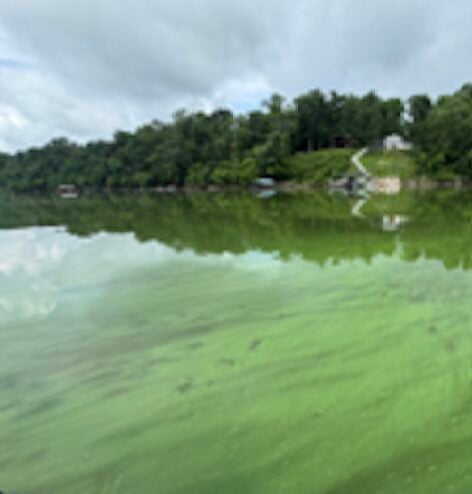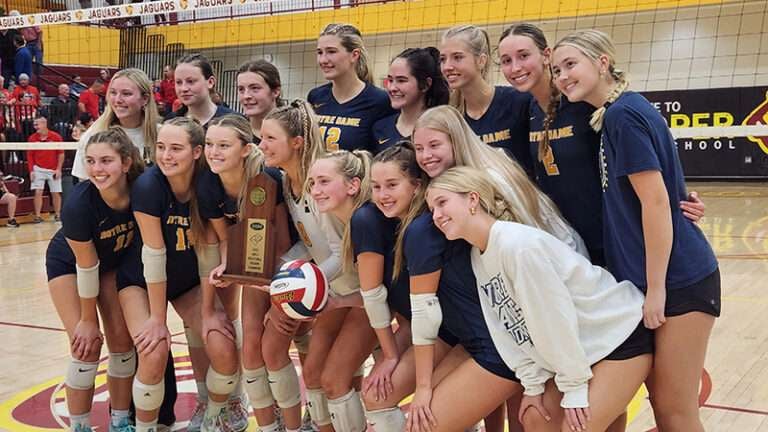Kentucky is a state where people like to have a good time and love to celebrate. Whether you’re interested in the state’s history and heritage, car shows, horses, music, arts, comedy, antiques, bourbon, wine, beer; or wildly delightful foods such as ham, barbeque, cheese, peanuts, etc., there are a variety of fantastic festivals and events throughout the state and across America.
Some of the more notable ones in Kentucky are Festivals of the Horse, Hatfield Mcoy Heritage Days Homecoming, Covington Octoberfest, Roots & Heritage Festival, the Kentucky Bourbon Festival, Wolley Worm and the Woodland Art Fair.

As a risk management and safety professional, I have attended many such events and have enjoyed each of these experiences. Unfortunately, I have also have conferred with planners and attorneys after an injury or incident, and I always find missed opportunities to better protect the public.
In my profession, wherever I go I see injured people. It’s a sixth sense that I have developed with my 30 plus years of risk control experience and I cannot attend such events without noticing glaring and overlooked exposures.
From large festivals to smaller events, planners have a duty to protect attendees and should methodically and systematically review all risk exposures and implement every viable and potential control in place to best protect those who attend their event.
The fact is festivals and other events certainly do not plan themselves. They take time and effort to plan and prepare appropriately, and risk management and safety need to be at the forefront of that planning phase. Whether your event raises money or is just for fun, it is likely to bring together large crowds and that is when the probability for unforeseen risk exposures to cause an injury, or even in some situations even death.
I find that cities, towns, and counties across America rely on their local sheriff or police and emergency management departments to develop an event safety plan. I have the highest and utmost respect for those that serve and lead these departments as safety is always their priority; however, they still are not risk managers and will sometimes overlook certain risk exposures.

If it is a city, town, county, non-profit, school, or church planning a festival, I would strongly recommend that you include your risk manager, volunteers, insurance broker, insurance carrier into the planning phase, and if you can afford to hire an event safety consultant, it will be money well spent.
With the right amount of forethought planning and you can not only better protect the festival attendees from unnecessary injuries and accidents; but can reduce the liability which can negatively and financially ruin your organization.
The number of injuries and incidents is staggering, and all are preventable with the right amount of planning. Event planners must do a better job of planning and implement fully developed risk management plans to fend off any potential ill effects resulting from real or perceived negligence on their part.
If you are or are considering hosting an event or festival, you should consider the following:
Planning Phase – Determine what kind of event it is, who and how many are expected to attend. Is there a sponsor, can you transfer the risk with an insurance policy or an endorsement? You should formalize your planning phase by developing documented procedures, set goals and timelines, and get as many players involved. Will their special hazards that may require the local Fire Department and Police? Will there be alcohol served? Will you need to sign a contract? What other state, local or federal ordinances or regulations do you need to be concerned with? You should look to see if permits or licenses are required with your local government.
Event Staffing – Will you be using your own staff, volunteers, vendors, and local authorities? What safety training should be offered to the staff? Will they performing any unusual activities that may require personal protective equipment? What equipment is going to be used and will you need to train for it?
Remember to provide proper supervision. Supervision is essential to having a safe and enjoyable festival. At least two adults should be on hand in each area to supervise every activity, from games to inflatables to bonfires. If you have teen volunteers working as well, make sure each one is paired with an adult.

Parking & Traffic Control – Inadequate parking and traffic control is usually the number one cause for a tragic incident during a festival or event, and it needs to be at the forefront of any event planning. Somebody should be assigned to oversee the planning and be on hand to oversee and manage it during the event. You need to plan to protect the public from vehicles and avoid any through traffic scenarios by barracking access to where the event is being held. Parking should be designed at a safe distance, and you should also accommodate for ADA parking spaces for the handicap.
Special Event Emergency Management – How many people will be in attendance, and should you set up a medical or first aid tent? Should you reach out to your local government to outsource EMTs or paramedics? How will you handle severe weather? Do you have designed storm shelters? How will an emergency weather situation be communicated? What if you have an active shooter do you have a plan for that? Do you have armed security? Have you established an accident report or incident investigation procedure?
Vet Your Vendors – If you use any third-party vendors, whether for food, games, or inflatables, require them to sign a contract approved by your insurance carrier and have them provide a certificate of insurance with at least $1M in limits. You should also ask that they contact their insurance carrier ask them to add you as an additional insured. In your contract with your vendor, you should include a hold harmless agreement. Vendors should be vetted, and they need to understand your expectations, rules, and regulations. They must be held accountable for compliance even if they specialize in food/beverage, rides, animals, pyrotechnics, merchandising, crafts…etc. They come with their own unique special risks, and they need to be controlled.

Special Event Crowd Control – Your planning committee should review all ingress and egress procedures. They should plan for access for the disabled and how the attendees will flow into the event. Security should be considered and be a part of any event however small or large. For security, event planners need to decide if they are going to use their own employees, private or local law enforcement. If it is a first-time event, you should over plan because it’s best to error on the side of safety. Some states require fire codes for crowd managers, for instance in NC they require 1 trained crowd manager for every 250 persons in attendance at any event greater than 1000 people.
Safety Regulations – Several general safety regulations need to be considered when planning an event. For instance, several electrical codes need to be considered. If you are outdoors in a potentially wet environment all electrical cords must be GFCI protected and tested under a ground fault assurance program. Electrical cords should not be laid on the ground and in the audience’s, traffic paths, or areas accessible to the public without guards. All electrical equipment must be grounded and so must all generators if they are being used. Generators shall never be refueled while operating and if light towers are being used, they too must be grounded.
 Keven Moore works in risk management services. He has a bachelor’s degree from the University of Kentucky, a master’s from Eastern Kentucky University and 25-plus years of experience in the safety and insurance profession. He is also an expert witness. He lives in Lexington with his family and works out of both Lexington and Northern Kentucky. Keven can be reached at kmoore@higusa.com
Keven Moore works in risk management services. He has a bachelor’s degree from the University of Kentucky, a master’s from Eastern Kentucky University and 25-plus years of experience in the safety and insurance profession. He is also an expert witness. He lives in Lexington with his family and works out of both Lexington and Northern Kentucky. Keven can be reached at kmoore@higusa.comSafety Rules – Establish safety rules for each game or activity, and post these rules in a visible place. Certain events offer a higher potential for injury, so require volunteers in charge of those events to make the safety rules clear to participants. Keep in mind that safety rules are of no use if they’re not implemented—have volunteers monitor the activity and make sure everyone follows the established rules.
Security Team – If your event is not a government-sponsored event you should consider creating a security team, especially if your festival or event is a large event. Just the presence of a security team can deter many participants from unsafe behaviors, and if an incident does occur, this team can be responsible for securing the situation and contacting the proper authorities, if necessary. It’s also a good idea to consider having a medical professional available to tend to any minor injuries or emergencies.
Nighttime Events – Nighttime events come with their own set of risks. To better control those events, you should consider adding additional outdoor lighting, additional security rounds, and establish a set end time.
Temporary Structures – Such as stages and tents have a host of safety regulations to follow. Large stages and tents may require that you obtain a permit from your local government. Smoking in tents shall be forbidden and signs must be posted. Portable fire extinguishers must also be provided.
Alcohol Concessions – If alcohol is served, the vendors must have liquor liability insurance, serves must be properly trained, and enforcement must be followed. If you aren’t serving alcohol, you still need to have a plan to control non-concessions alcohol consumptions within the confines of your event.
Food & Beverage Concessions – The food and beverage industry have its own set of Fire Codes and food safety regulations to follow. For instance, there should not be any open flames within 20 feet of a tent, canopies, or membrane structures. All LP gas containers must be protected and located in approved locations. Outdoor cooking that producer sparks or grease-laden vapors should not be allowed. Mobile food trucks must have health inspections with certificates posted.
Be Safe My Friend







